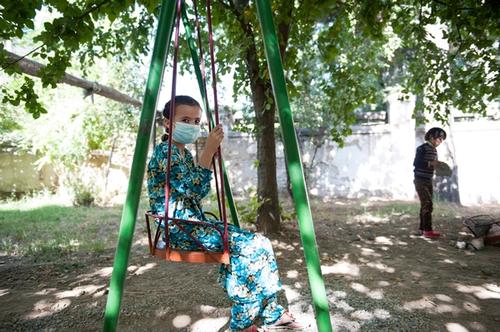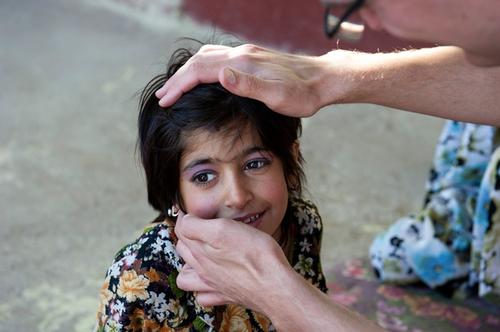Executive Summary
Context
Children as the most vulnerable patient group have been neglected for too long in tuberculosis (TB) treatment globally. Estimates for paediatric TB indicate it accounts for 10-15% of all tuberculosis cases in the 22 highest-burden countries and worldwide kills at least 130,000 children each year. Furthermore the numbers of children infected with drugresistant (DR) forms of TB are rising. The primary reasons for this serious neglect are that both diagnosis and treatment of TB in children are particularly difficult as appropriate diagnostic tools for children are lacking and no paediatric drug formulations are commercially available. Furthermore adherence to a long and burdensome TB treatment, especially in the case of drug-resistant TB, is strenuous for the child and the family.
The paediatric TB care programme
To demonstrate the provision of comprehensive TB care for children is feasible and that TB and especially DR-TB can be successfully diagnosed and ultimately cured, the Tajik Ministry of Health (MoH) and Médecins Sans Frontières (MSF) began a comprehensive paediatric TB care programme in 2011.
Rationale and intention of the report
This report outlines the comprehensive model of paediatric TB care and presents the project experience in Tajikistan. Based on this experience it draws some conclusions and proposes some recommendations for scaling up paediatric TB care in the Central Asian and Eastern European region. It is intended to share experiences and lessons learned, highlight shortfalls and signpost opportunities to improve paediatric TB care and fully include children in National TB Programmes.





![Photos of Displaced Lives [Gaza] - Documentary series Photos of Displaced Lives [Gaza] - Documentary series](https://img.msf.org/AssetLink/yfuly0k6tgr80m223ju8inv7xe1mnf07.jpg)
